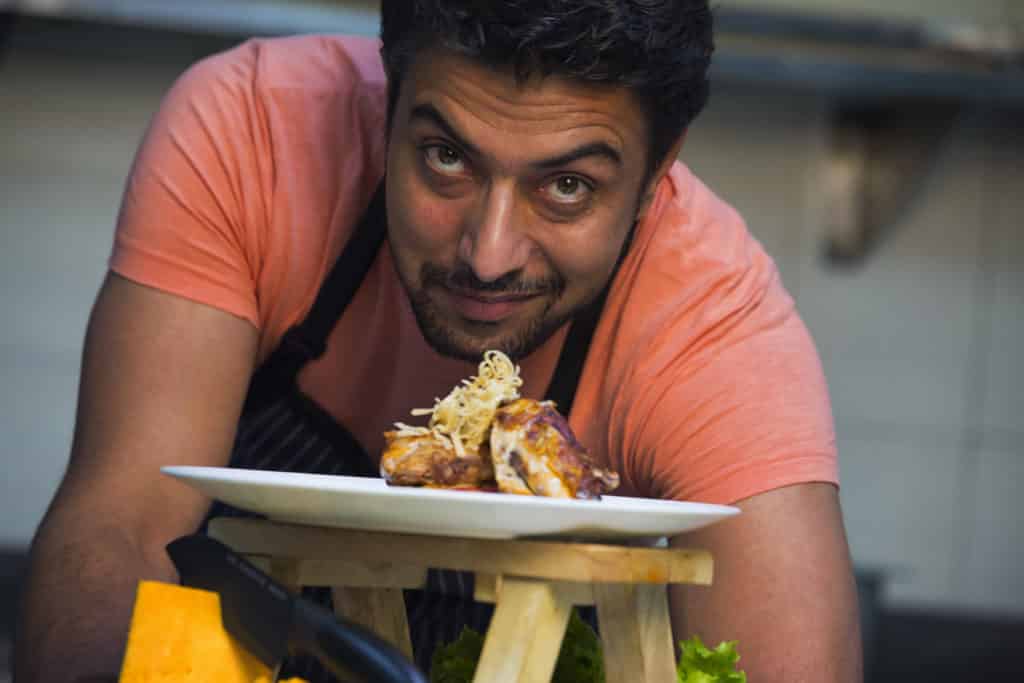
Photo by Nishant Aneja from Pexels
Preparing Discussions Like Preparing a Fine Meal
“Before I entered the academy, I was a Cordon Bleu chef,” so began Henri Durand, assistant professor of Communication Studies. “This class is designed to teach you how to facilitate and participate in collaborative discussions. In many respects, planning for and facilitating a productive discussion is not that different from preparing and serving a fine meal.
“An effective discussion requires that both the facilitator and the participants prepare in advance. But I’ve discovered that the participants in a discussion are often reluctant to prepare themselves. I’ve given up on asking students simply to read about a discussion topic in advance. So, I’m asking each of the facilitators to be creative in how you get your group to prepare for the discussion.
“You might ask them to watch a short video connected to the topic. You could have them do a quote search for interesting perspectives on the topic. You might want them to prepare personal stories to share as a part of the discussion.
“These are just a few examples of how previous students encouraged their classmates to prepare for a discussion. I’m going to grade you on your preparation strategy and how your group followed the strategy you prepared. Surprise me. The more creative, the better.”
Effective discussions, like fine meals, are difficult to achieve without preparation. You want your dinner guests to be savoring the thought of an outstanding meal to come. In the same way, you want your discussion participants to be prepared and looking forward to a discussion.
Preparation strategies work best when:
- They bring an element of intrigue to the discussion
- They don’t impose major time burdens
- They are enjoyable to do
- They create a context for, or make connections to, key elements of the discussion
- They help get to the heart of the discussion more quickly
Having participants prepare in advance for the discussion also creates a perception that the discussion has a serious purpose and is not simply an ad hoc exercise. Without preparation, there is a real danger that the discussion will not achieve its intended purpose. For more about how to prepare yourself to participate in online exploratory discussions, check out Chapter Five: Students as Online Discussion Participants in IF’s The Guidebook for Student Facilitation in Online Courses.
“There is a reward for good preparation: good preparation makes facilitation is so much easier,” Professor Durand ended his presentation. “If I see examples of exceptional preparation as I observe the class, I promise to serve you all my famous clafoutis for our last class.”
* * *
“One important key to success is self-confidence. An important key to self-confidence is preparation.” – Arthur Ashe (trailblazing African American tennis champion and winner of the Presidential Medal of Freedom)
This post is part of our “Think About” education series. These posts are based on composites of real-world experiences, with some details changed for the sake of anonymity. New posts appear Wednesday afternoons.


